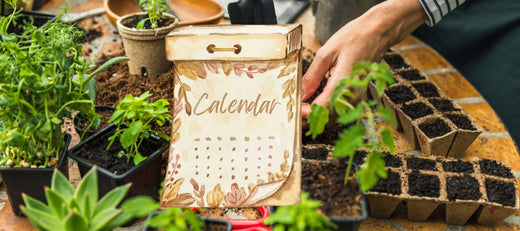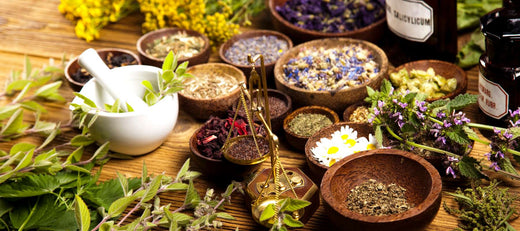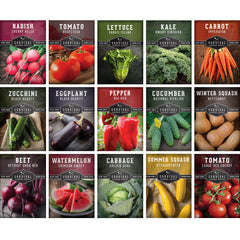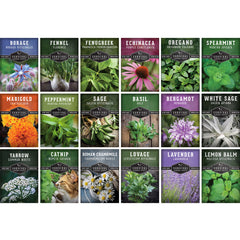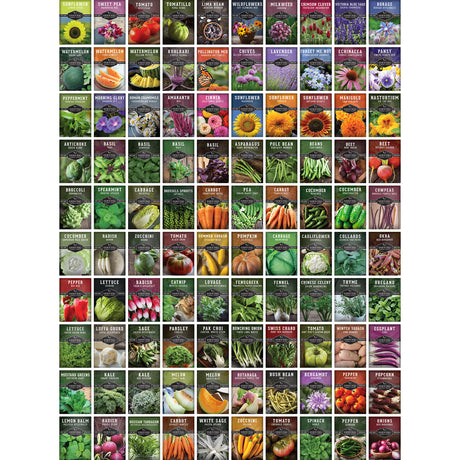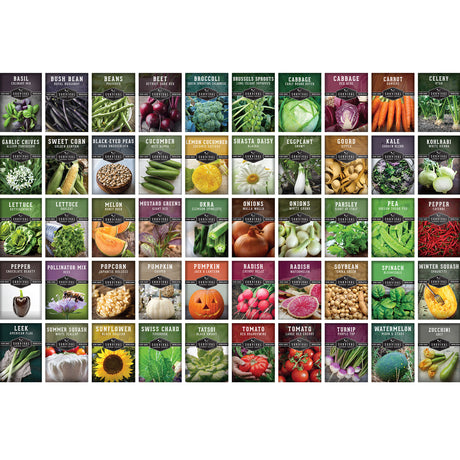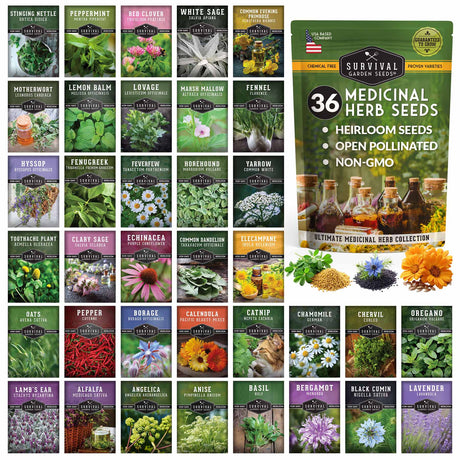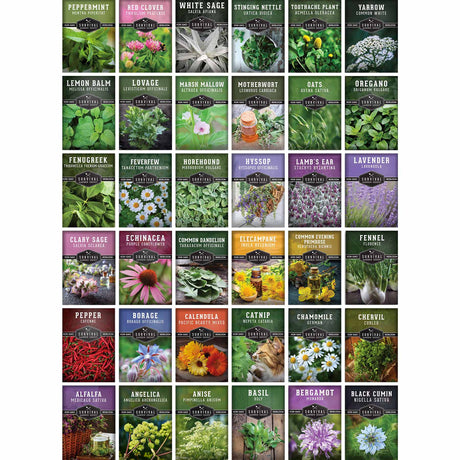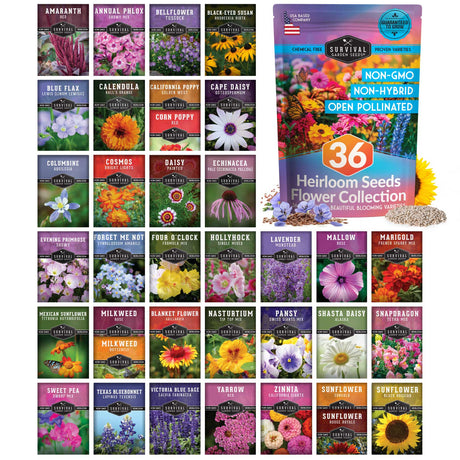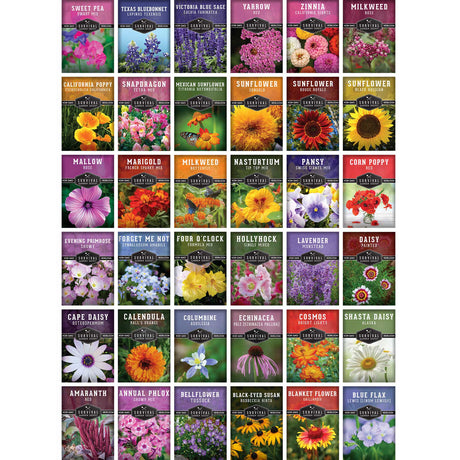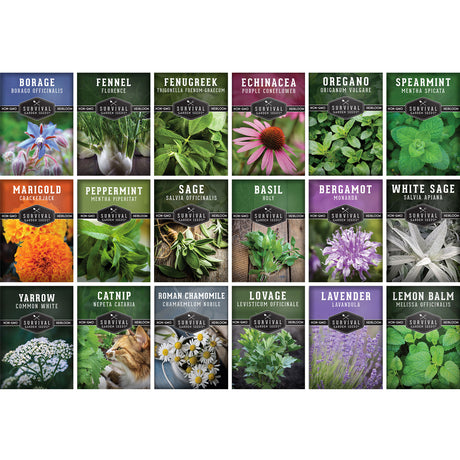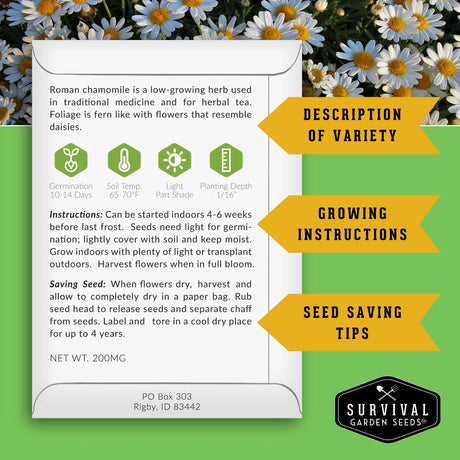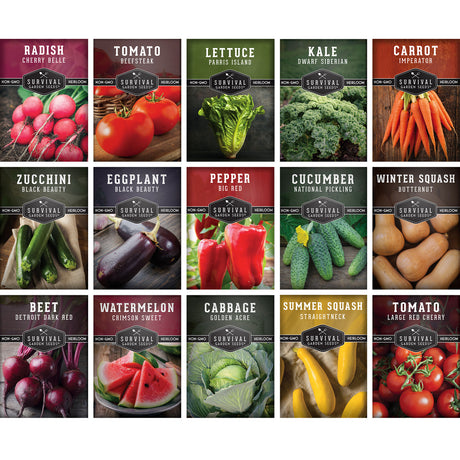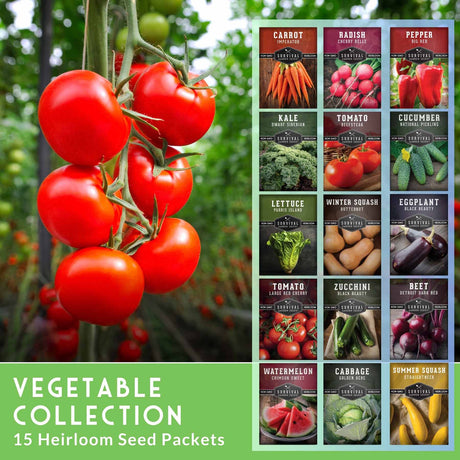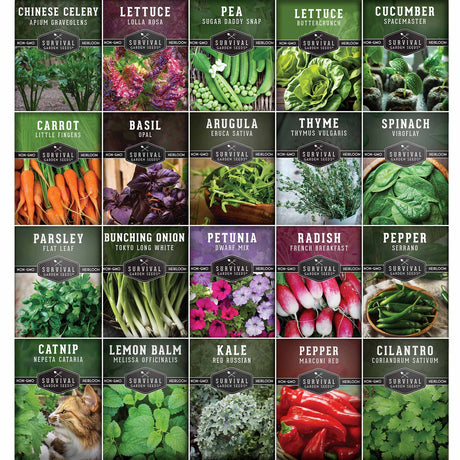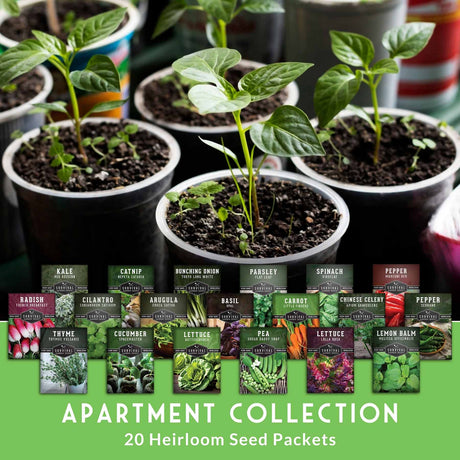As Summer approaches we face one of the biggest challenges in the garden, keeping out the pests. Companion planting is one of the most natural ways to grow a healthy garden and can be used to fight those dreaded invasive and damaging insects and other pests. In addition, you get to take advantage of the beauty and flavor the companion plants bring to your garden.
Here are 8 edible companion plants that will help protect your precious vegetable garden.
Alliums
Alliums are known for repelling aphids, cabbage worms, flies, and slugs. The Allium genus includes garlic, onions, leeks, and chives. Many gardeners will plant garlic between their vulnerable cabbages and lettuce for this reason. However, garlic is usually harvested mid-Summer so you can lose protection just when your cabbages are reaching their peak. One good option is to plant chives, as they can be harvested and continue to produce. You’ll want to cut your chives before they go to seed if you don’t want them to spread around the garden.
Borage
Borage has beautiful star-shaped blue flowers that have a sweet cucumber taste. This is a wonderful flower to plant next to your tomato plants as it will help to deter tomato hornworms. It is also very attractive to bees. Borage is notorious for self-seeding, which can be an advantage in that it will always be available in your garden. If you’d like better control over where your borage is growing, remove the blooms before they go to seed.

Calendula
Calendula, also known as pot marigold, is another edible flower that has powerful pest-repellent properties. Calendula is known to repel asparagus beetles, tomato hornworms, and nematodes (roundworms). The sweet nectar produced by calendula’s cheerful blooms also attracts beneficial pollinators like bees and butterflies.
Catnip
Catnip is a member of the mint family and like most mints, it will repel aphids, cabbage looper moths, cucumber beetles, and squash bugs. Catnip is edible and has been used to create soothing tea to treat fever and digestive problems. It can be a vigorous spreader, so it is often best to confine your Catmint to pots to prevent it from taking over your garden.
Marigold
Almost everyone has heard of marigolds as being a great companion flower to vegetables. This is because marigolds contain a phytotoxin called alpha-terthienyl that will prevent nematodes from chewing the roots of your tomato plants. Marigolds are also great to plant next to your brassicas like broccoli, cabbage, cauliflower, and Brussels sprouts because they repel cabbage worms. Marigold petals are edible and can add a spark of color to your summer salads.
Nasturtium
Nasturtium is another very popular flower to include alongside your vegetables in the garden. They are especially good to plant with your cucumbers to repel cucumber beetles. They also work as a trap crop to attract aphids away from vulnerable plants, attracting helpful bugs like ladybugs that love to eat aphids and work as pollinators. As an added bonus nasturtium blossoms are edible and have a zesty pepper-like flavor.

Petunia
Generally, you see petunias spilling from hanging baskets or summer flower planters, but they are also a great addition to your vegetable garden. Petunias come in just about every color in the rainbow and they can protect your beans from most pests as well as deter squash bugs and potato bugs. Petunias are slow to germinate, so you’ll want to start them indoors so they are ready for planting when the weather warms in the spring.
Rosemary
Rosemary, in addition to being a favorite herb for cooking, will also help to repel cabbage moths, carrot flies, Mexican bean beetles, slugs, and snails. It’s also good for repelling mosquitoes and other insects. Rosemary does well in the full sun of the garden but can be slow to germinate. While technically a perennial, rosemary is not hardy in all zones, so you may want to plant it in pots that can be over-wintered indoors.
Some other plants that can help repel pests include lavender, sage, thyme, oregano, and dill.
If you prefer natural methods of protecting your vegetables, companion plants are a great solution. You can take advantage of the natural properties of these plants to work together in order to have a healthier garden with the added benefit that the companion plants have additional culinary and medicinal benefits.


